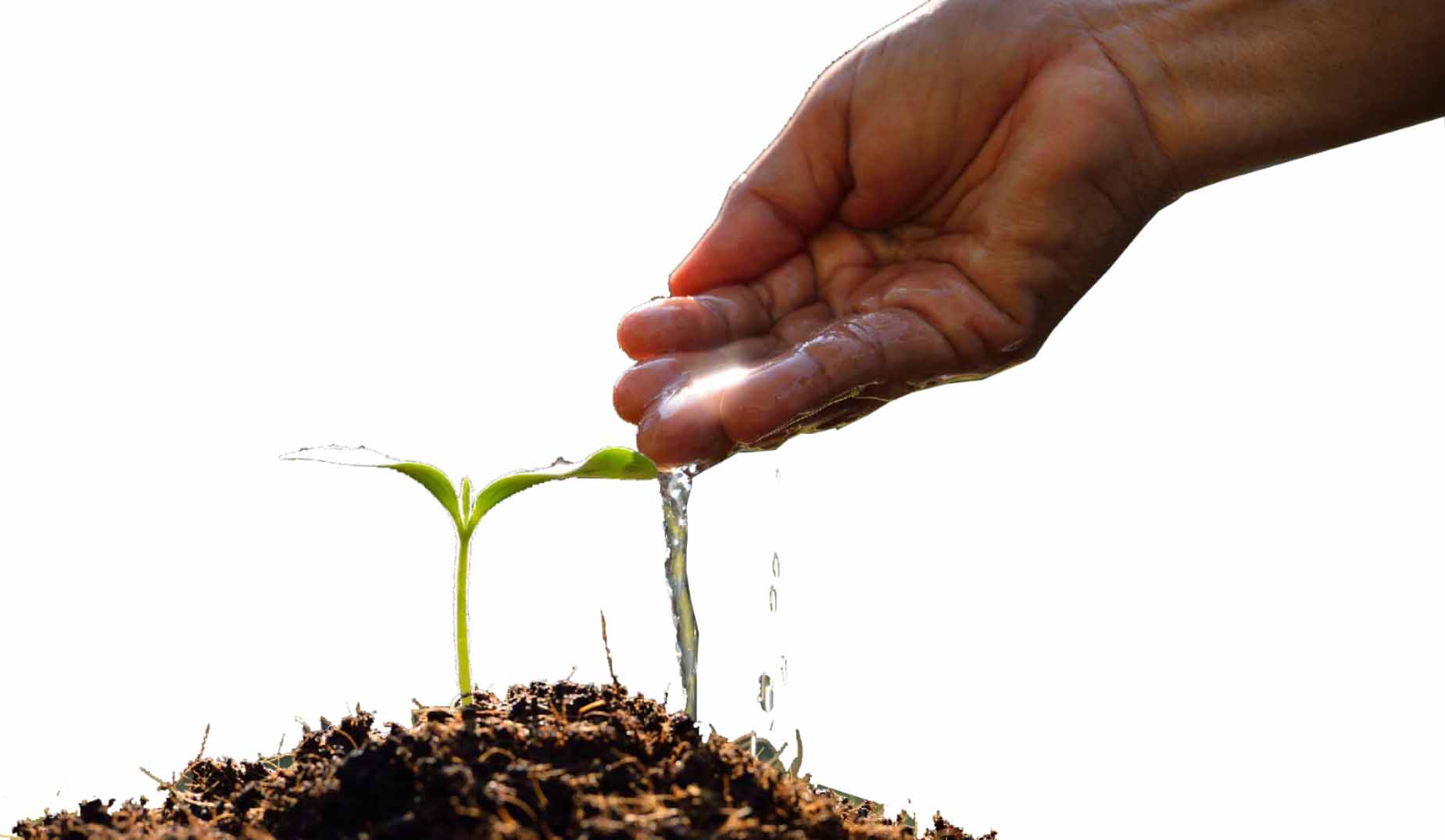EASTERN VISAYAS—The Philippine population is expected to increase significantly over the next three decades, but our capacity for food production will struggle to keep pace. Because humanity has to feed its ballooning population, and exacerbating factors such as climate change and food security concerns cannot seem to satisfy the food requirements of the consuming public, the Department of Agriculture (DA) continues to seek more innovative approaches to improving crop yield and productivity, while generating job opportunities in the farming sector, without adversely affecting the environment.
The Special Area for Agricultural Development (SAAD) Program, which was launched in 2017, is a fundamentally new strategy meant to help alleviate the poverty situation of the country’s most vulnerable people–the farmers–through food production, and provide sustainable livelihood opportunities for them in order to restore their dignity and self–worth as productive members of society.
When an individual talks about a farmer, an image that immediately comes to mind is that of someone who is poor, uneducated, and marginalized. But the saying that goes, “If you have eaten a meal today, thank a farmer!” speaks volumes—for one may need a lawyer, policeman, or fireman once or twice in their lifetime, but a farmer is needed by the populace at least three times a day.
Hence, the farmer is the core of this comprehensive strategy. The “poorest of the poor” in this sector, who have been selected through a rigorous 11–step process, will engage in projects that are viable and doable, such as enhanced rice and corn production; swine, poultry, vegetable, cassava, ube, and peanut production; and swine fattening. It is important that farmers are equipped with appropriate trainings to ensure that technologies are used and will aid in their continuous improvement.
In the recently–concluded SAAD Consultative Meetings with Provincial/Municipal Agriculturists (PA/MAs), and State Universities and Colleges (SUCs), RTD for Operations and Extension and SAAD 8 Regional Focal Person Dr. Andrew Rodolfo T. Orais emphasized that climate change adaptation and risk reduction measures are incorporated in the modules of Climate–smart Farmers’ Field School (FFS) across all commodities. In this way, farmers are made aware of strategies to combat climate impacts in an environment that is highly susceptible to climate variability. People are guided to make extreme choices.
During said meeting held on 17–18, and 22 May 2018 for the three (3) Samar provinces, and Leyte and Southern Leyte, respectively, program implementers were oriented on Market Development Strategies and Buyer’s Preferences and Volume Requirements for all commodities.
These learning technologies will be cascaded to farmer–recipients and their associations through coaching, mentoring, and handholding. On a related vein, trends show that there is a shift in community values, lifestyles, and gender relations that has led to women empowerment resulting in women taking more active role in decision making. The program encourages women to participate in community life alongside their husbands in consonance to gender awareness and equality policies of the government.
Thus, involvement by women not only in domestic affairs but also in the farm and other societal roles would bolster women’s rights.
SAAD Program will not replace the knowledge and intuition that farmers have always relied on to help manage their farms; rather, it will complement them and DA banner programs and projects to make life a bit easier for our food producers in the countryside. ###
Writer: Jeanrose G. Basilan, Provincial Coordinator, PPMSO–Eastern Samar
Copy Editor: Ela Arciaga, SAAD NPMO PR & Communications Officer
Originally published on Peryodikit – May News Round-Up (Issue No. VI, Volume No. II Series of 2018), Department of Agriculture – Special Area for Agricultural Development Program (DA-SAAD) Regional Field Office VIII Official Publication


Comments (0)